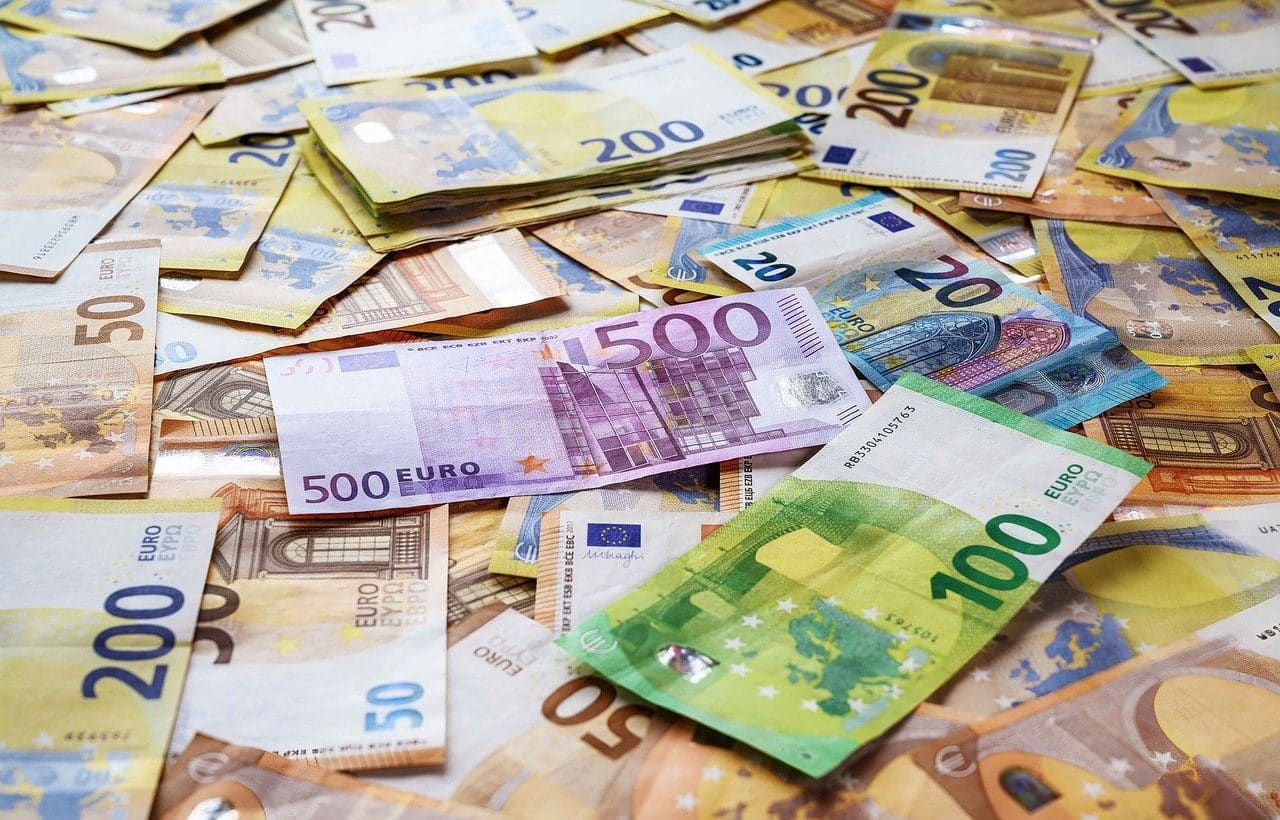
The monetary base is the sum of the money that circulates among people and the reserves that banking entities have in the central bank of a country.
The monetary base is the sum of the money that is in circulation among people and the reserves that banking entities maintain in the central bank of a country. To accurately understand the meaning, however, it is first important to analyze each of the terms that make up the expression.
The support, foundation or foundation of something, whether physical or symbolic, is called a base . Monetary , for its part, is that linked to currency (legal tender money).
What is the monetary base
It can be said that the monetary base is made up of the legal money issued by the central bank , which is distributed between the banks ' cash and circulating cash. Control of the monetary base depends on the central bank itself, which through its interventions can regulate the nation's money supply.
The central bank, which has a monopoly on printing currency, manages the monetary base by acquiring and selling public debt securities. It can also modify interest rates and bank reserve ratios so that there is more or less money in circulation.
It is possible to increase the monetary base by undertaking actions by the central bank such as acquiring public debt securities, increasing credit to private banks or through exports.

The monetary base is defined by monetary policy.
economic stability
Monetary policy is known as the set of decisions and measures that alter the monetary base and other elements that are directly linked to the stability of the economy . If the objective is for the monetary base to grow, an expansionary monetary policy is applied. When the intention is to reduce said monetary base, a restrictive monetary policy is launched.
In addition to what is indicated, we have to state that the monetary policy of a country establishes the goal of achieving economic stability. Among the objectives are the following:
- Economic growth.
- Prevent imbalances from occurring in the balance of payments.
- Achieve stability in the value of money.
- Promote the highest level of employment possible.
Monetary base vs. money supply
On numerous occasions, the monetary base is often confused with the monetary supply. And that should not happen since they are two different things. To understand what makes them different we can establish the following:
- The money supply is the amount of available money that exists in an economy. We are referring to money that comes from bank deposits, to cash in the hands of the public...
- The monetary base is the figure controlled by the economic authorities. As we have mentioned, it is the sum of the amount of cash that is in the hands of the public plus bank reserves.
